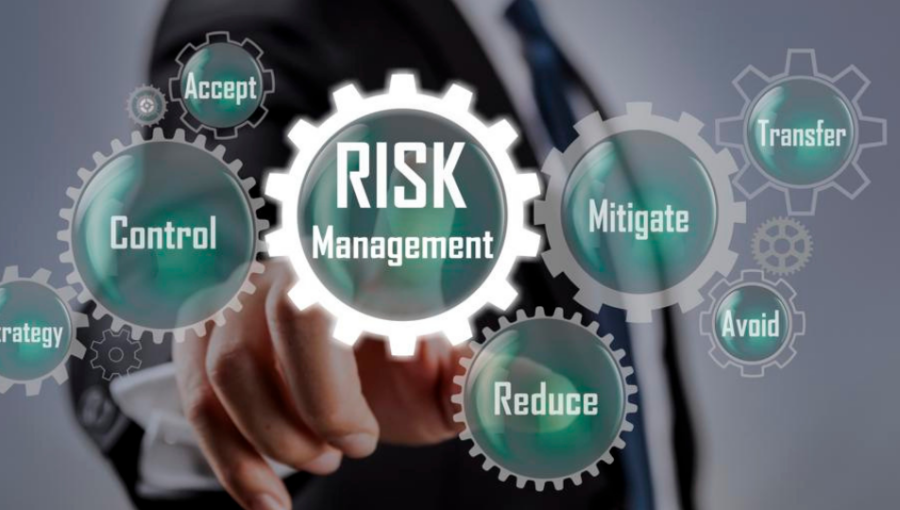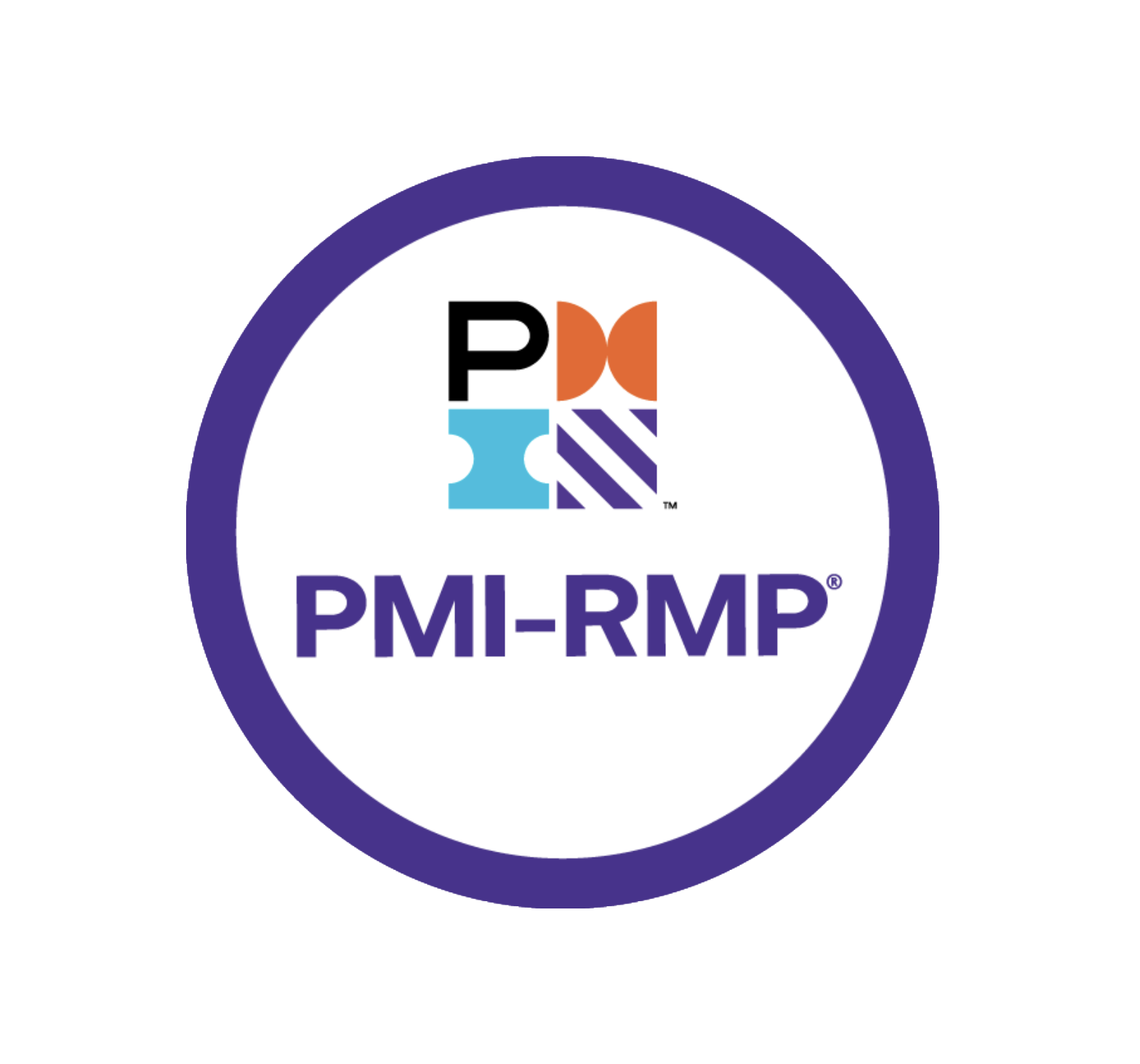In the dynamic landscape of project management, one aspect stands out as paramount: Risk Management. Whether you’re leading a small team or overseeing a large-scale initiative, understanding and effectively managing risks can make or break your project’s success.
Here are some compelling reasons why mastering risk management is crucial:
- Anticipating the Unexpected: Every project encounters unforeseen challenges along the way. By implementing robust risk management strategies, you can identify potential obstacles early on and develop proactive solutions to mitigate their impact.
- Protecting Resources and Investments: Projects often involve significant investments of time, money, and resources. Effective risk management helps safeguard these investments by minimizing the likelihood of costly setbacks and maximizing the return on investment.
- Enhancing Decision-Making: A thorough risk management plan empowers project managers to make informed decisions based on a comprehensive understanding of potential risks and their potential impact. This proactive approach fosters agility and adaptability in response to changing circumstances.
- Building Stakeholder Confidence: Stakeholders, including clients, investors, and team members, rely on project managers to navigate challenges and deliver results. Demonstrating a robust risk management strategy instills confidence and trust in your ability to effectively lead and execute the project.
- Optimizing Opportunities: While risks pose potential threats, they also present opportunities for innovation, growth, and competitive advantage. A proactive risk management approach enables you to identify and capitalize on opportunities that arise throughout the project lifecycle.
- Fostering a Culture of Accountability: Effective risk management is a collaborative effort that involves stakeholders at all levels of the organization. By fostering a culture of accountability and transparency, you empower team members to actively contribute to risk identification, assessment, and mitigation efforts.
In conclusion, the importance of risk management cannot be overstated in the realm of project management. By embracing risk as an inherent aspect of the project lifecycle and implementing proactive strategies to address it, you can navigate challenges with confidence and drive success at every stage.
Ready to take your risk management skills to the next level? Explore our comprehensive risk management courses and empower yourself to lead with confidence in an ever-evolving business landscape.




